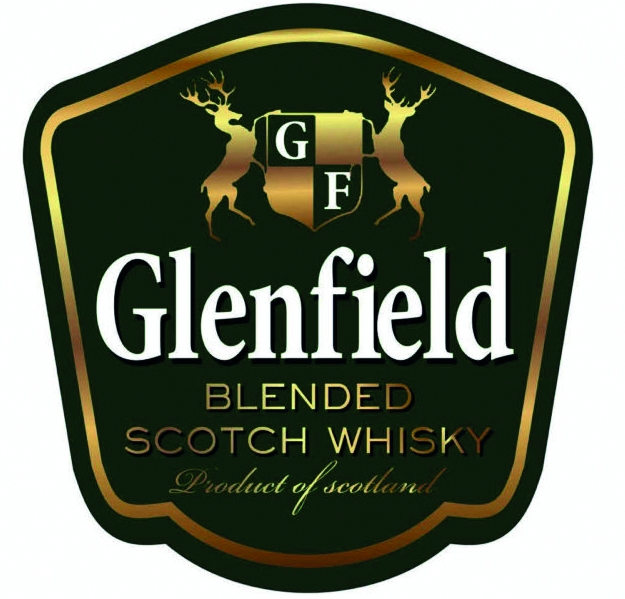A Tale of Two Malts: Glenfiddich v Glenfield
July 31, 2019
A recent UK Intellectual Property Office decision has provided clarity on the scope of protection offered by word-only trade mark registrations in the UK, particularly when such marks are being enforced against similar figurative trade marks.
William Grant & Sons Ltd (WGS), the independent, family-owned Scottish distillery (and owner of a UK trade mark registration for the mark ‘GLENFIDDICH’) opposed the registration of Vivek Anasane’s trade mark application for the below ‘GLENFIELD’ (Figurative) trade mark:

WGS opposed the ‘GLENFIELD’ (Figurative) application on the basis that:
- the mark was similar to, and was to be used in connection with the marketing of goods identical to those of, the ‘GLENFIDDICH’ mark;
- the mark was similar to the ‘GLENFIDDICH’ mark, which has a reputation in the UK, and use of the mark was likely to take unfair advantage or be detrimental to the distinctive character of the ‘GLENFIDDICH’ mark; and
- the ‘GLENFIDDICH’ mark enjoyed a significant reputation within the UK and use of the ‘GLENFIELD’ (Figurative) mark would amount to “passing-off”.
The opposition failed on all three grounds.
The UKIPO’s reasoning for the decision was as follows:
- visually, the ‘GLENFIDDICH’ mark was significantly longer than the ‘GLENFIELD’ mark;
- phonetically, ‘GLENFIELD’ and ‘GLENFIDDICH’ contained only a single syllable in common (‘GLEN’) – the other syllables the marks were entirely distinct;
- the additional figurative elements of the ‘GLENFIELD’ (Figurative) mark (such as the golden stags and ‘GF’ emblem) were sufficient to differentiate the marks on a conceptual level; and
- the common element of the mark – namely, the word ‘GLEN’ – would be considered to be a common word used to bring Scotland to the mind of the consumer, but it would not be considered to be an indicator of origin of the products.
In light of the above, the UKIPO held that there was unlikely to be any likelihood of confusion between the marks given their visual, phonetic and conceptual dissimilarities. Further, as the test for “passing off” requires an opponent to demonstrate significant more than a mere likelihood of confusion existing between the marks, the opposition on this basis also failed.
Briffa comments:
Commonly, word-only trade marks are seen as offering broad protection for use of such words generally. However, this decision highlights the potential limitations such registrations may have, particularly where such registrations are being used to oppose marks which contain similar verbal elements but also contain multiple visually and conceptually dissimilar elements. The key assessment to be had is whether the trade marks, as a whole, are likely to be considered to be confusingly similar.
The above said, word-only registrations are the best way of offering protection for use of a word generally. We would remind business owners, however, to also register any figurative versions of their trade marks in order to gain broad protection for such visual elements as well.
Feel free to contact our solicitors for a 30-minute consultation, free-of-charge, should you wish to discuss trade mark protection further.
Written by Tom Broster, Solicitor

